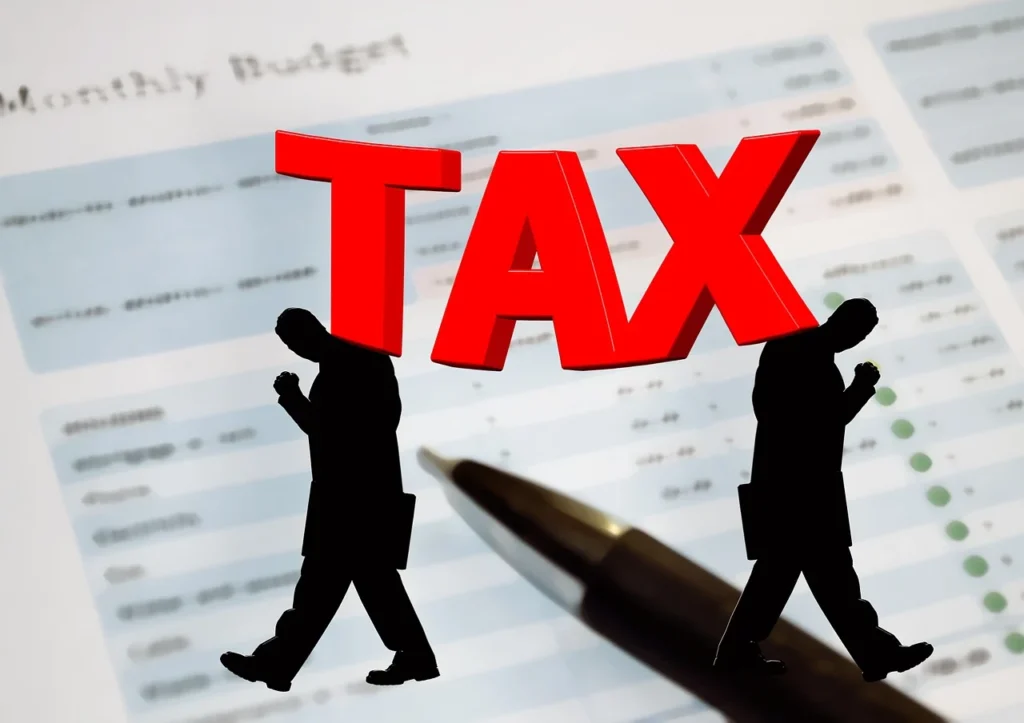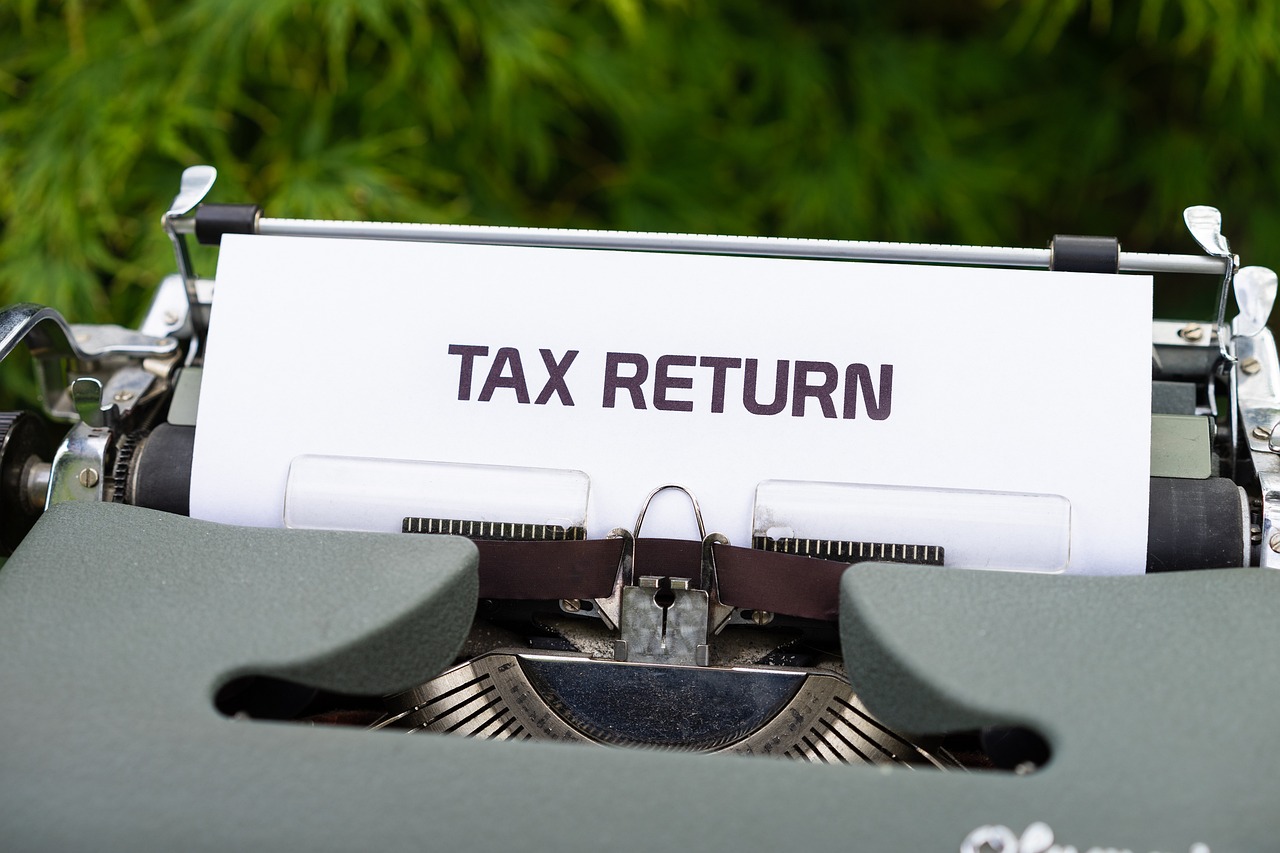Taxes are compulsory financial contributions imposed by governments on individuals, businesses, and other entities to fund public expenditures. These funds are primarily used to support government services such as infrastructure development, healthcare, education, defense, and social welfare programs. Taxes play a critical role in maintaining the functioning of a country’s economy by redistributing wealth, fostering economic stability, and ensuring that the government can operate efficiently. “Taxes: Pillars of Economic Stability and Growth”
The process of taxation varies across countries and can include a variety of tax types, such as income tax, sales tax, corporate tax, and property tax, each serving different purposes in terms of revenue generation and economic management. Taxes are essential not only for government operations but also for addressing issues like inequality and providing public goods that benefit society as a whole.”Taxes: Pillars of Economic Stability and Growth”
The Importance of Taxes in a Country’s Economy
Taxes are fundamental to the functioning and sustainability of any country’s economy. They serve as the primary means by which governments generate revenue, which is necessary to fund a wide range of public goods and services that benefit society as a whole. Without taxes, governments would be unable to provide essential services such as infrastructure, education, healthcare, law enforcement, social welfare, and more. The importance of taxes in a country’s economy cannot be overstated, as they are crucial not only for government operations but also for fostering economic stability, growth, and social equity.
Let’s explore in greater detail why taxes are so important to a country’s economy:
1. Revenue Generation for Government Spending
One of the most obvious and vital roles of taxes is to generate revenue for the government. Governments rely heavily on the income derived from taxes to finance their expenditures. Without taxes, a government would struggle to fund critical public services, infrastructure projects, and social programs that maintain societal order and improve the quality of life for citizens.
Key government expenditures funded by taxes include:
- Infrastructure: Taxes help fund the construction and maintenance of roads, bridges, public transportation systems, airports, and other infrastructure critical to economic activities.
- Public Services: Services such as police, fire departments, sanitation, and emergency medical services are funded primarily through taxes.
- National Defense: A portion of tax revenue is allocated to defense and national security, ensuring the safety and sovereignty of the nation.
- Social Welfare Programs: Taxes support government programs such as unemployment benefits, social security, disability benefits, and pensions that provide financial assistance to citizens in need.
- Education and Healthcare: Taxes fund public schools, universities, and healthcare systems, ensuring that access to education and medical care is available to all segments of the population.
In essence, taxes provide the necessary financial resources for governments to perform their basic functions and create an environment where society can thrive.
2. Redistribution of Wealth and Reduction of Inequality
Taxes play a crucial role in reducing economic inequality by redistributing wealth from higher-income individuals or businesses to those in need. Progressive tax systems, where tax rates increase as income rises, ensure that wealthier citizens contribute a larger share of their income to support public services. This redistribution helps reduce disparities in income and wealth, which is vital for maintaining social stability and cohesion.
For example, progressive taxation systems fund social welfare programs, such as welfare payments, food assistance, and healthcare subsidies, that benefit lower-income individuals and families. These programs ensure that all citizens have access to basic necessities, which contributes to reducing poverty and addressing social inequality. In this way, taxes help create a more balanced society where economic opportunities are accessible to a broader range of people.
Additionally, taxes on corporations, particularly large multinational companies, can help prevent excessive concentration of wealth and ensure that businesses contribute fairly to the economy. Corporate taxes and other taxes on business activities can ensure that profits are shared more equitably through public investments in social infrastructure, workforce development, and community resources.
3. Stimulating and Managing Economic Growth
Taxes are also used by governments as a tool to manage and stimulate economic growth. Through fiscal policy (the government’s use of taxation and spending), tax rates can be adjusted to either stimulate economic activity or slow down an overheating economy.
- Stimulating Growth During Recessions: During times of economic slowdown or recession, governments can reduce taxes to increase disposable income for individuals and businesses. This encourages spending, investment, and job creation, all of which help stimulate economic recovery.
- Control Inflation and Economic Overheating: Conversely, in times of economic boom when inflation is rising, governments may increase taxes to reduce disposable income and curb excessive demand. This can help maintain price stability and prevent the economy from overheating.
- Incentivizing Investments: Tax incentives such as tax credits and deductions can be used to encourage businesses to invest in research and development, infrastructure, or innovation. For instance, governments may offer tax breaks to businesses that invest in renewable energy or technology, promoting long-term growth and sustainability.
- Public Investment in Growth Areas: Governments may also use taxes to fund investments in sectors critical to long-term economic development, such as education, healthcare, technology, and infrastructure. These investments lay the foundation for future economic growth by improving human capital, innovation, and productivity.

Through these mechanisms, taxes help governments shape the economic landscape by encouraging or discouraging certain behaviors and ensuring that economic growth is sustainable over the long term.
4. Ensuring Stability and Sound Fiscal Management
Taxes help ensure that a government can maintain sound fiscal management, reducing its reliance on external borrowing. In the absence of taxes, governments would need to rely on debt to finance their operations, which could lead to an unsustainable accumulation of national debt. If a country’s national debt becomes too large, it can negatively affect economic stability by leading to higher interest payments, reduced credit ratings, and increased borrowing costs.
By generating revenue through taxes, governments can maintain balanced budgets, avoid excessive borrowing, and reduce the risk of fiscal crises. Moreover, stable and predictable tax policies contribute to investor confidence, as businesses and individuals are more likely to invest and plan for the future in an economy with stable tax policies and financial management.
5. Facilitating Economic Stability and Confidence
Taxes play a vital role in creating economic stability and fostering confidence in the government’s ability to manage the economy. When citizens and businesses know that the government has the financial resources to fund essential services and meet its obligations, it creates a sense of security and trust in the economy.
For example, a well-structured and effective tax system ensures that governments can pay public sector workers, maintain public infrastructure, and continue to invest in social services. This creates a stable environment in which businesses can operate with confidence, knowing that the government will continue to provide necessary services and a legal framework in which they can conduct business.
Similarly, individuals are more likely to spend and invest if they believe the government is effectively using tax revenue for public benefit and economic stability. When citizens have confidence in their government’s ability to manage resources effectively, they are more likely to engage in economic activities, which helps sustain growth and prosperity.
6. Promoting Environmental and Social Goals
In recent years, governments have increasingly used taxes as tools for addressing environmental and social challenges. Taxes can be used to incentivize businesses and individuals to adopt more sustainable practices, reduce environmental harm, and promote social welfare goals.
- Environmental Taxes: Governments may impose taxes on activities or products that harm the environment, such as carbon taxes on fossil fuels or taxes on plastic usage. These taxes encourage individuals and businesses to reduce their carbon footprint, invest in renewable energy, and adopt environmentally friendly practices.
- Sin Taxes: Taxes on goods such as tobacco, alcohol, and sugary drinks are often referred to as “sin taxes.” These taxes aim to discourage unhealthy behaviors by making these products more expensive and less accessible.
- Public Health Goals: Taxes can also be used to fund programs aimed at improving public health. For example, tax revenue may be directed toward healthcare services, disease prevention programs, and mental health initiatives.
Through such targeted taxes, governments can incentivize behavior that aligns with broader societal and environmental goals.
Taxes come in various forms, and they can be classified in different ways based on their structure, purpose, and the entity being taxed. Broadly speaking, taxes are typically categorized as direct or indirect taxes. Each type of tax serves a unique purpose in the economy and can be applied to different aspects of economic activity, such as income, consumption, property, or business activities. Below is a detailed overview of the different types of taxes:
1. Direct Taxes
Direct taxes are taxes that are directly levied on individuals, businesses, or organizations. The burden of these taxes cannot be shifted to others; they are paid directly by the entity on whom they are imposed.
a) Income Tax
Income tax is one of the most common and significant direct taxes. It is levied on the income or earnings of individuals, businesses, and other entities. It can be structured as a progressive tax, where the tax rate increases as income increases, or a flat tax, where a fixed percentage is charged regardless of income level. Income tax is typically divided into personal income tax (for individuals) and corporate income tax (for businesses).
- Personal Income Tax: Paid by individuals based on their earnings from wages, salaries, dividends, interest, and other sources.
- Corporate Income Tax: Paid by corporations on their profits.
b) Corporate Tax
Corporate tax is imposed on the profits of corporations or businesses. Similar to income tax, it is calculated as a percentage of the company’s net income after expenses. This tax is generally paid by businesses to the government based on their earnings.
c) Property Tax
Property tax is levied on the ownership of property, such as land, buildings, and real estate. The value of the property is assessed, and a tax is imposed based on that value. This tax is typically collected by local governments and used to fund community services like schools, emergency services, and infrastructure development.
d) Capital Gains Tax
Capital gains tax is a tax on the profits earned from the sale of capital assets, such as real estate, stocks, bonds, or other investments. The tax is applied to the difference between the original purchase price of the asset and the selling price, with exemptions or deductions available depending on the jurisdiction and type of asset.
e) Inheritance or Estate Tax
Inheritance or estate tax is imposed on the transfer of wealth or property after a person’s death. It is generally levied on the estate or assets left behind by the deceased, and the heirs or beneficiaries may be required to pay taxes based on the value of the inheritance they receive. Estate taxes aim to reduce wealth inequality by taxing large estates passed down to heirs.
f) Wealth Tax
Wealth tax is levied on an individual’s net worth, which includes assets like real estate, financial assets, and other holdings, minus liabilities such as debts. This tax is typically aimed at individuals with a high net worth, and its goal is to address wealth inequality by taxing large accumulations of wealth.
2. Indirect Taxes
Indirect taxes are taxes that are levied on goods and services rather than on income or wealth. The burden of indirect taxes can be shifted from the seller to the consumer, as the tax is usually included in the price of goods or services.
a) Sales Tax
Sales tax is a tax on the sale of goods and services. It is typically levied at the point of sale and added to the final purchase price. The rate of sales tax can vary by jurisdiction, and in some regions, certain products (e.g., food or medicine) may be exempt from this tax.
b) Value-Added Tax (VAT)
VAT is a consumption tax that is applied at each stage of production and distribution. Unlike sales tax, which is added only at the point of final sale, VAT is charged incrementally at each stage in the production and supply chain. Each business in the supply chain pays VAT on the value it adds to a product, and this tax is passed on to the consumer.
c) Excise Tax
Excise taxes are levied on specific goods, such as alcohol, tobacco, gasoline, and luxury items. Excise taxes are often used to raise revenue and to discourage the consumption of goods deemed harmful to public health or the environment. The tax is typically included in the price of the product.
d) Customs Duties (Tariffs)
Customs duties, or tariffs, are taxes imposed on imports and exports. These taxes are usually imposed to protect domestic industries, regulate trade, and generate revenue. Customs duties vary based on the type and value of goods being imported or exported.
3. Other Specialized Taxes
In addition to the primary categories of direct and indirect taxes, governments may also impose specialized taxes designed to address specific issues, such as environmental concerns, public health, or social behavior.
a) Environmental Taxes
Environmental taxes, such as carbon taxes or pollution taxes, are designed to encourage businesses and individuals to reduce their environmental impact. These taxes are typically imposed on activities or products that contribute to pollution or environmental degradation. For example, carbon taxes are levied on fossil fuels to discourage their use and promote renewable energy alternatives.
b) Sin Taxes
Sin taxes are a form of excise tax that are levied on goods or services that are considered harmful to health or society, such as tobacco, alcohol, and sugary drinks. The goal of sin taxes is not only to generate revenue but also to discourage the consumption of these products by making them more expensive.
c) Tourism Tax
Tourism taxes are imposed on goods and services consumed by tourists. These taxes can be levied on hotel stays, restaurant bills, and tourist attractions. Tourism taxes are often used by local governments to fund infrastructure or services that benefit tourists and the local community.
d) Digital Tax
In response to the increasing digital economy, some governments have introduced taxes on digital services. Digital taxes are applied to businesses that provide online services, including streaming platforms, social media companies, and e-commerce firms. The goal is to ensure that digital companies contribute fairly to the local economy, particularly in jurisdictions where they operate but do not have a physical presence.
e) Transaction Taxes
Transaction taxes are imposed on specific financial transactions, such as the buying and selling of securities, stocks, or bonds. These taxes are generally applied to the value of the transaction and are designed to raise revenue while also discouraging speculative trading.

The purpose of this article is to explore the essential role of taxes in a country’s economy, examining their various types, functions, and impact on government revenue, economic growth, social equity, and public welfare, while also addressing the complex relationship between taxation policies and broader societal and environmental goals. Through this exploration, the article aims to provide a comprehensive understanding of how taxes shape national economic systems and contribute to the overall well-being of society.
